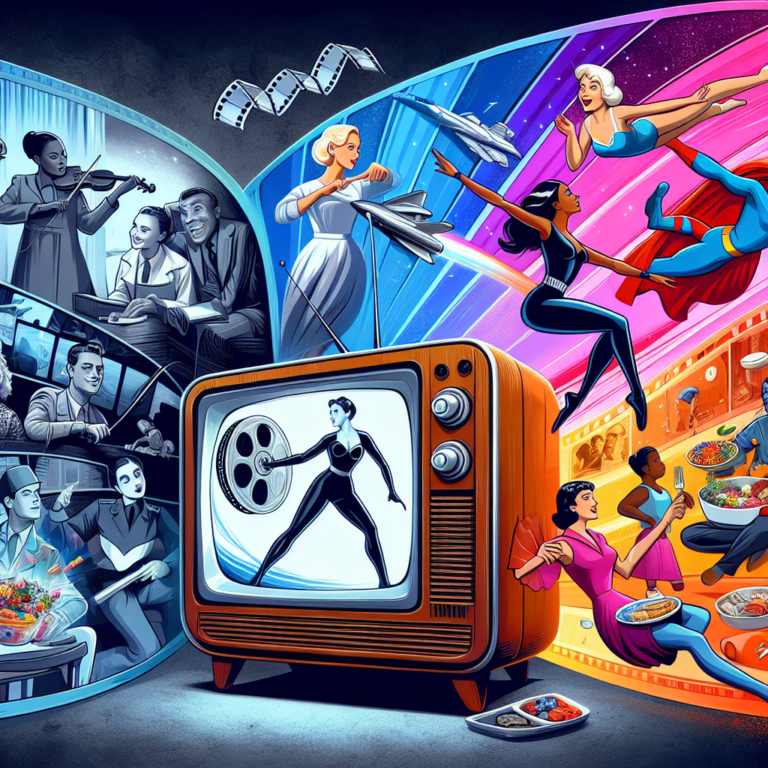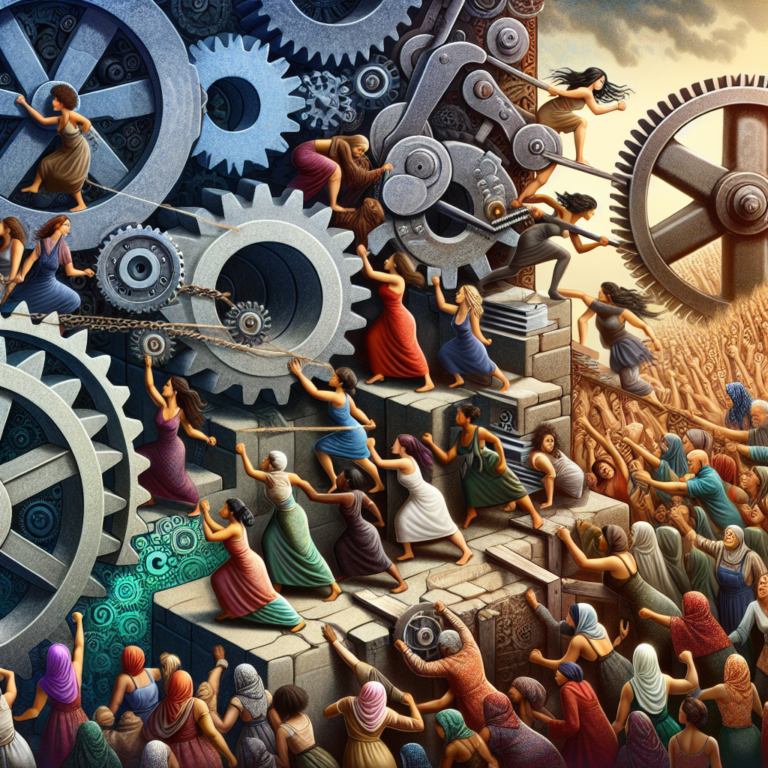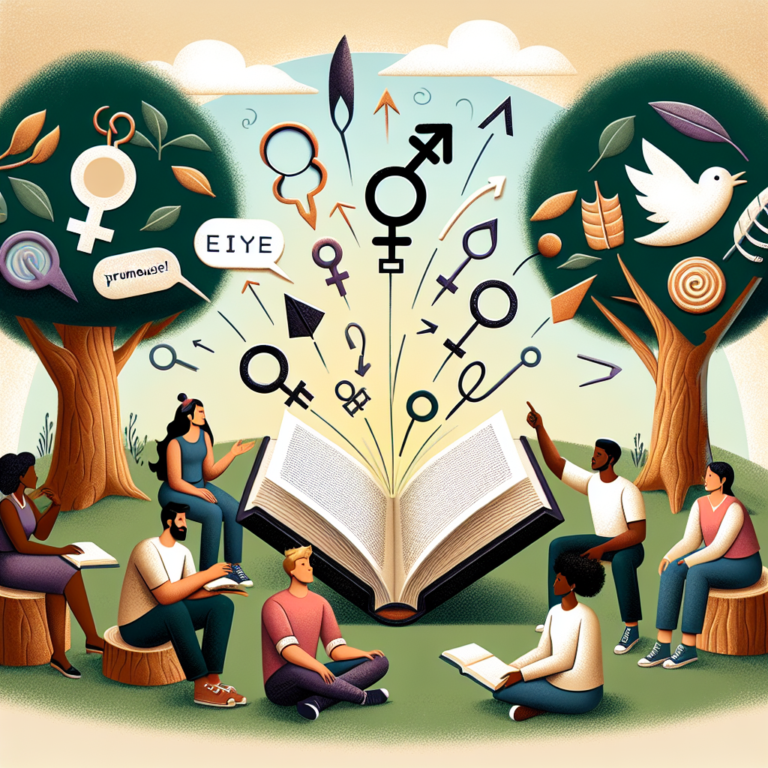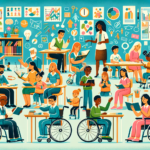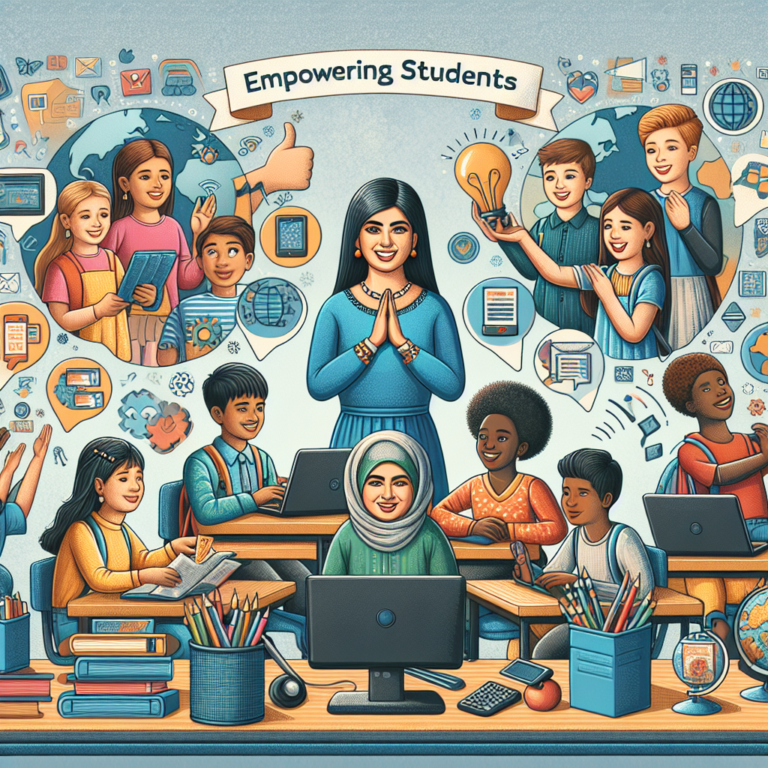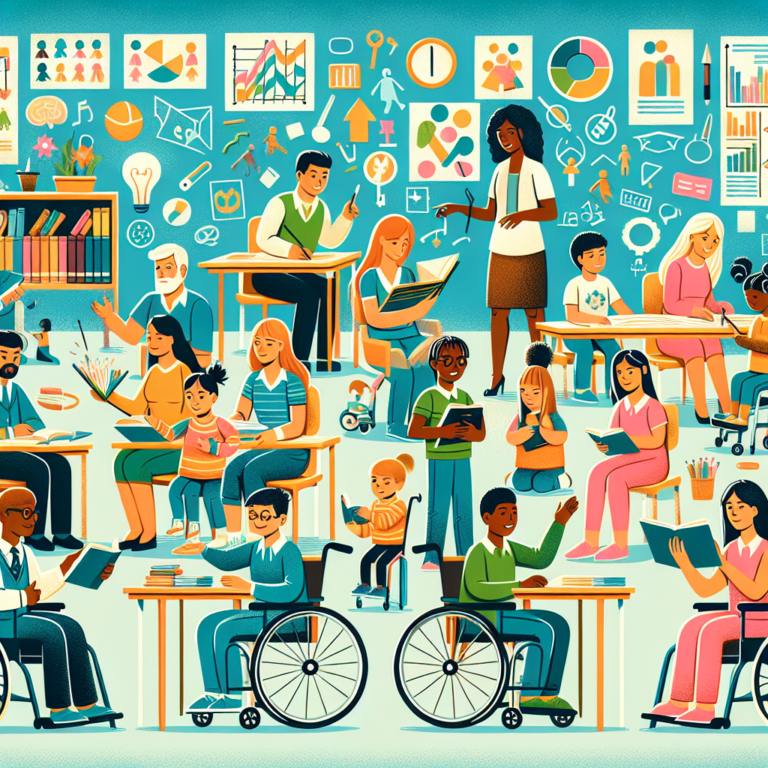
Introduction
In recent years, the conversation around gender equity has permeated various spheres—workplaces, communities, and even homes—highlighting an urgent need to address systemic inequalities. As we endeavor to create a more equitable world, it becomes increasingly clear that achieving this goal requires the active participation of everyone, especially men. The central premise of this article—Men as Allies: How Male Advocacy Can Transform Gender Equity Initiatives—focuses on the pivotal role men’s advocacy can play in catalyzing effective gender equity initiatives. Men are not merely passive observers in this dialogue; rather, they are essential participants who bring unique perspectives and skills that can significantly enhance gender equity efforts.
The importance of men acting as allies in the fight for gender equity cannot be overstated. Their involvement can break down barriers, foster understanding, and amplify the voices of marginalized individuals. In this article, we’ll delve deeply into this subject, exploring practical strategies, real-world case studies, and actionable insights. Read on to discover how male advocacy can reshape the landscape of gender equity and why it’s crucial for men to step up as allies.
Understanding Gender Equity: The Need for Allies
Defining Gender Equity
Gender equity entails fairness of treatment for women and men according to their respective needs. This includes providing equal opportunities, access, and resources regardless of gender. However, the broader aim goes beyond equal rights: it’s about recognizing and addressing the unique challenges that individuals face based on gender.
The Role of Men in Gender Equity
Traditionally, gender equity initiatives have predominantly centered around women’s experiences and needs. But emphasizing male advocacy recognizes that men, too, have a crucial role to play. From challenging toxic masculinity to promoting inclusivity, men can leverage their societal positions to effect change.
Case Study: The UN HeForShe Campaign
Launched by UN Women in 2014, the HeForShe campaign epitomizes the essence of male advocacy in gender equity. The initiative calls upon men to stand in solidarity with women and advocate for gender equality. With millions of men joining the movement, the campaign has successfully raised awareness around gender issues while encouraging men to take actionable steps.
Relevance Analysis: This case study illustrates how mainstream initiatives can engage men as allies, showing tangible impacts on public perception and community involvement in gender equity.
The Case for Male Advocacy
Breaking Down Barriers
By actively participating as advocates, men can help dismantle stereotypes that limit both genders. For instance, when men speak out against workplace harassment or advocate for parental leave, they challenge the status quo and create a more inviting environment for dialogue about gender equality.
Empowering Women
When men take on the role of advocates, they not only support women but also empower them to take ownership of their narratives. This mutual reinforcement creates a healthier dialogue about gender equity, fostering collaborative solutions rather than competition.
Enhancing Organizational Culture
Integrating male advocacy into workplace policies can lead to substantial cultural shifts. Organizations that promote male allyship often see enhanced employee morale, increased productivity, and improved team dynamics. Establishing programs that educate men about gender biases can cultivate a more inclusive workplace.
Case Study: Deloitte’s Men as Allies Program
Deloitte’s initiative encourages male leaders to engage actively in gender equity discussions. The program includes training sessions focused on unconscious bias, effective communication, and leadership skills. The impact has been significant, with participating organizations reporting increased representation of women in leadership roles.
Relevance Analysis: This case study demonstrates how targeted programs can change organizational culture, reinforcing the idea that men are vital allies in gender equity initiatives.
Strategies for Men as Allies
1. Educate Yourself
The first step toward being an effective ally is understanding the issues. Men should seek out resources—books, articles, workshops, and seminars—that shed light on gender inequalities and the barriers women face.
2. Use Your Voice
Men can leverage their platforms—within their workplaces, communities, or online—to advocate for gender equity. Speaking out about injustices and elevating women’s voices can significantly impact perceptions and policies.
3. Encourage and Mentor Women
Offering mentorship or sponsorship to female colleagues can open doors that may have been previously closed. Men should actively seek opportunities to lift others up, helping to create pathways for women to lead.
4. Challenge Toxic Culture
Men must confront sexist remarks and behaviors, whether in social settings or workplaces. Challenging toxic masculinity sets a precedent that discrimination will not be tolerated.
5. Foster Inclusivity
Creating inclusive environments isn’t just about policies; it’s about cultivating a culture where everyone feels comfortable voicing their opinions. Men can advocate for policies that promote inclusivity, such as flexible work hours or gender-neutral restrooms.
Visual Aid: Action Steps for Men as Allies
| Action Step | Description |
|---|---|
| Educate Yourself | Read, attend workshops, and engage in discussions about gender equity. |
| Use Your Voice | Advocate openly for gender equity in various platforms and settings. |
| Encourage and Mentor Women | Actively mentor women, helping them gain opportunities for advancement. |
| Challenge Toxic Culture | Call out inappropriate behavior and remarks to foster an inclusive culture. |
| Foster Inclusivity | Support policies that create inclusive environments for all genders. |
Challenges and Resistance
Navigating Resistance
It’s essential to recognize that some men may resist the idea of being allies, often out of fear of losing power or status. Addressing these concerns involves patience, dialogue, and education about the benefits of gender equity for everyone.
The Fear of Misstep
Men may worry about saying or doing the wrong thing when advocating for gender equity. To alleviate these fears, fostering open communication and offering safe spaces for discussion is crucial. Understanding that mistakes are part of the learning process can encourage greater participation.
Counteracting Backlash
Men advocating for gender equity sometimes face backlash or critique from peers. This underscores their courage and commitment to the cause but also highlights the need for support networks where they can share experiences and resilience strategies.
Conclusion
Men as Allies: How Male Advocacy Can Transform Gender Equity Initiatives isn’t just a catchy phrase; it represents a powerful movement toward creating a more equitable world. Men have an invaluable role in advocating for gender equity, and their involvement can lead to substantial cultural, organizational, and societal changes.
By acknowledging their privilege, learning about the issues, and taking action, men can become integral partners in the quest for gender equity. It’s not simply about supporting women; it’s about creating a future where everyone, regardless of gender, can thrive equally.
As this article has shown, capitalizing on the unique strengths and perspectives that men can offer isn’t just beneficial—it’s essential. Let us collectively commit to fostering an environment where advocacy knows no gender and equity transcends barriers. The time for action is now, and the responsibility lies with us all.
FAQs
1. What does it mean to be a male ally?
A male ally actively supports gender equity initiatives by advocating for equality, challenging discrimination, and promoting women’s voices.
2. How can I start being a male ally?
You can start by educating yourself on gender issues, speaking out against sexism, and supporting women in your circle through mentorship or sponsorship.
3. What challenges do male allies face?
Male allies may face resistance from peers, fear of missteps, and sometimes even backlash for advocating for gender equity.
4. Can men benefit from gender equity initiatives?
Absolutely! Gender equity benefits everyone by fostering inclusive environments that enhance creativity, productivity, and overall satisfaction.
5. What role do organizations play in supporting male allies?
Organizations can provide training, resources, and platforms for men to engage in gender equity conversations, thus encouraging allyship within their culture.
The conversation around gender equity is evolving, and with it, the call for advocates among men is more relevant than ever. By engaging as allies, men not only contribute to a vital cause but also enrich their own lives and communities. The journey toward gender equity is ongoing—let’s walk it together.




